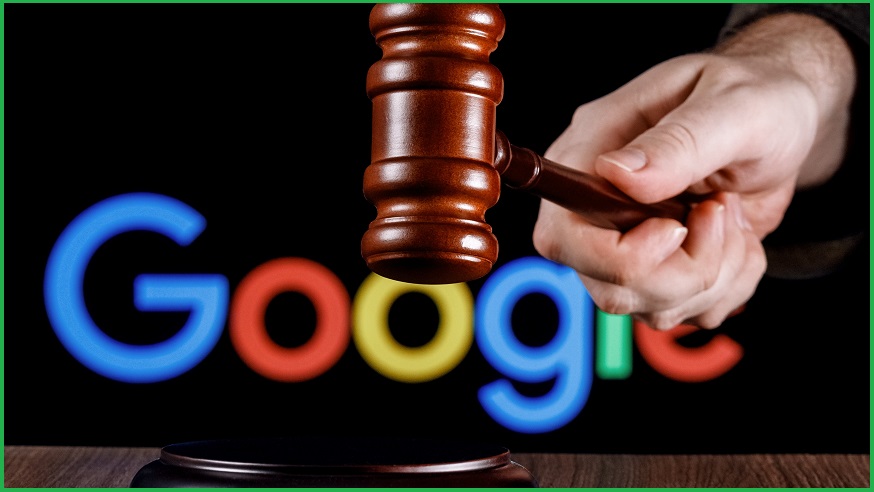A South Australian woman has successfully won her second defamation lawsuit against Google after a Supreme Court judge found the tech giant had published “highly offensive” material by indexing defamatory web pages on its search engine.
Dr Janice Duffy won $100,000 in a 2015 defamation case against Google after the company failed to remove reference to defamatory posts on the Ripoff Report forum which were picked up by Google’s web crawler and delivered as search results.
Ripoff Report “profits from extortive business practices”, according to the judgement handed down last week, which includes offering a service to have negative mentions of an individual or organisation’s business practices removed at a cost.
The forum is notorious for changing the URL of its posts to subvert search engines’ attempts to block posts about specific people.
Dr Duffy and her legal team “were effectively stuck on a never-ending treadmill” of providing Google with URLs to remove, the South Australian Supreme Court found, “only to find the same posts with altered URLs inexorably reappearing whilst Google stood by doing nothing itself”.
Between 2011 and 2018 Google blocked a total of 64 URLs referencing Dr Duffy.
Google “ought reasonably to have known” that re-indexed results for Dr Duffy were defamatory, Justice Sydney Tilmouth said, and should have taken a more active role in having them removed.
“It was clearly negligent in failing to take any steps of its own accord to ascertain the subject URLs other than to insist that Dr Duffy identify them fully for Google, knowing that in the meantime the offending material remained accessible and was destined to reappear in a short space of time,” he said.
“It is very apparent that Google moved to block or remove offending URLs only once given complete or unelided URL sequences.
“By doggedly and unrealistically insisting on nothing less despite having the means at hand to easily locate them if it had wanted to, it acted unreasonably.”
Last year the High Court found Google was not liable for defamation when it delivered search results pointing to a news article that was found to be defamatory.
In that case, because the hyperlink on Google Search “did not communicate anything” defamatory, it was found to only have assisted others in finding the defamatory information and was not a publisher.
Justice Tilmouth, referencing the High Court decision, said the links talking about Dr Duffy “did more than describe a story about a person”.
“They described her as a furtive stalker in terms amounting to an imputation of criminal conduct, someone to be wary of and as someone to be stopped,” he said.
“[The links] offered and therefore were likely to entice the user to select the accompanying hyperlink in order to clarify or to elaborate on the underlying meaning of an intriguing snippet and to seek more information.
“The capacity to entice the reader to select the hyperlinks was enhanced by the preeminent ranking given to the snippets by Google itself.”
Damages and costs are still to be determined.










